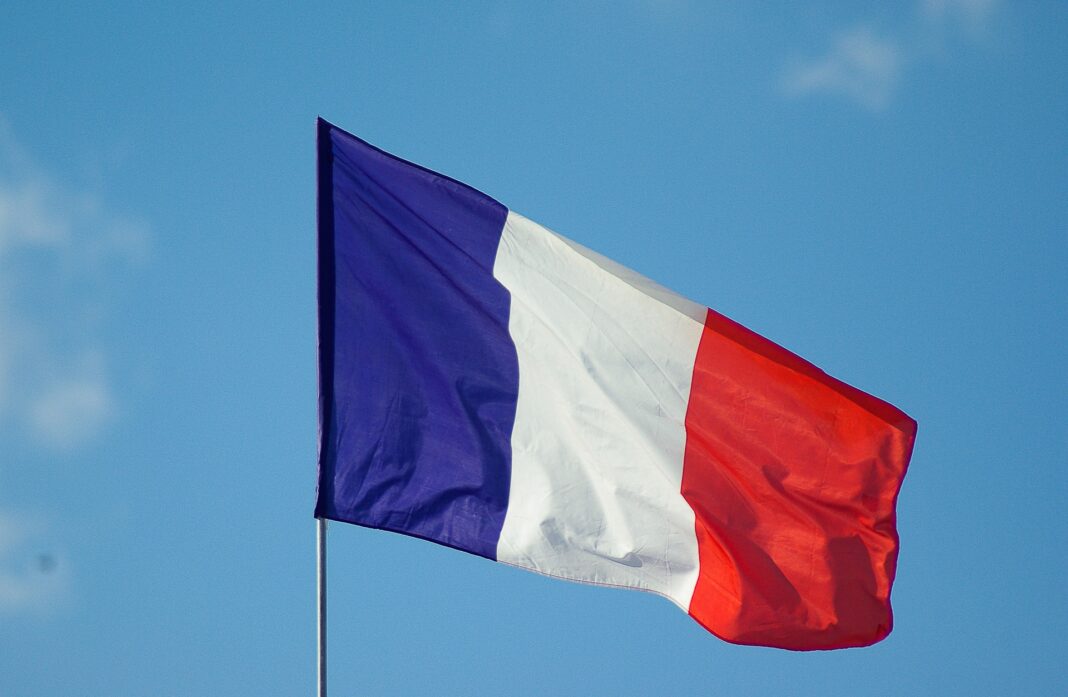By A. S.
In many ways, the countryside is a thorn in the side of globalists and advocates of progressive ideologies, as it often remains the cradle of tradition, and is not as “culturally enriched” as larger cities. Mass migration is flowing mainly into urban environments, but liberals are also trying to “enrich” the countryside.
In his book “Catholic and Identitarian”, the French identitarian author Julien Langella wrote about the possibility of rural France becoming an island, or several islands, where communities can preserve their identities and traditions and become a kind of counterweight to the urban multicultural centers. Well, to prevent this, certain statesmen and ‘philanthropists’ are also trying to settle migrants in small rural towns. Such a case was witnessed in France last year, but now it seems to have been given an epilogue, letting us know that resistance to multiculturalism can still bear fruit.
So, last year the wealthy French Cohen family, probably of Jewish origin, wanted to import seventy migrant families in the French countryside in the town of Callac, a town of two thousand inhabitants. The project, called Horizon, was to be financed by the Merci Fund, set up by the matriarch Marie-France Cohen and managed by her three sons. It was also to be blessed and co-financed with taxpayers’ money by the Macron government. The project was intended to create a modern multicultural “Noah’s Ark”, but it could also serve as a model for other small rural towns where migrants could also be gradually resettled.
However, the Cohen family’s plans were thwarted by the inhabitants of this Breton town, who immediately voiced their disapproval of migrants settling in their community. Of course, the Cohen family does not live in the town and would not have to deal with the possible negative consequences of their “philanthropic” activities. After the residents expressed their opposition in a public letter, two demonstrations against the arrival of migrants were also organised last September and November. A letter-writing campaign was organised and banners and stickers appeared on municipal buildings. Local migrant-loving politicians have thus encountered considerable resistance. In the end, the local authorities cancelled the Horizon project in the face of intense pressure from residents, and many are hailing this as a small victory for the French people.
Thus, the Breton town of Callac has prevented the (multi)cultural “enrichment” of its community with 70 migrant families, which would have led to the gradual demographic replacement that has been increasingly talked about in France lately. The mayor of Callac, Jean-Yves Rolland, who is also a member of Macron’s party, said that he had personally supported the project, but that in the end he had decided to “listen” to the citizens and that the project was no longer “feasible”. Nevertheless, he was disappointed: “It is a pity that it has come to this. It was a humanitarian project of great value that would have been important for the future of Callac”.
That the project would have been crucial for the future of the town, was apparently also the conviction of the citizens, who warned that the future settlement of migrants would lead to problems similar to those in Paris, where more than half of the crimes are committed by foreigners and parents are pulling their children out of public schools. They themselves did not want such a transformation of their city.
Despite this small victory, last year President Macron already announced that more migrants should be settled in rural areas. In this year, the government is expected to adopt new legislation on migration and asylum, focusing on the need to settle more migrants in the French countryside during France’s “demographic transition”, as reported by Remix News.

